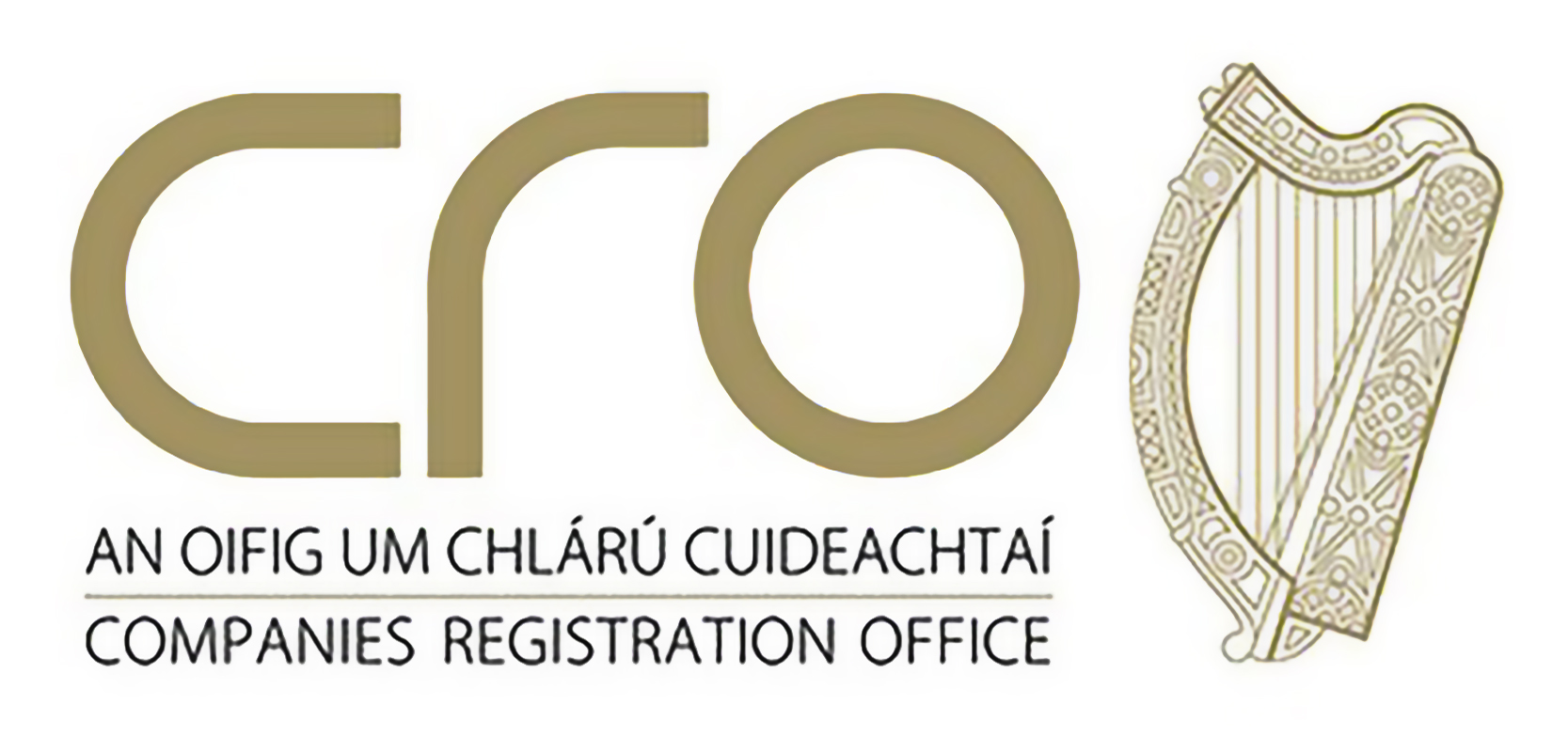What is a Lis Pendens?
Literally the term translates from its original Latin as ‘Pending Litigation’ and refers to burdens registered against property in situations where there are Circuit or High Court proceedings still deemed to be in progress or still pending.
In reference to Section 69 (1) (i) of the Registration of Title Act 1964, the act describes the type of burdens which may be registered as affecting registered land. Included in those are: –
‘…(i) any judgment mortgage, recognizance, State bond, inquisition or Judgment (Lis Pendens), whether existing before or after the first registration of the land;…’
Why is it essential for the purchasing solicitor or conveyancer to search for a Judgment (Lis Pendens) while investigating the title for a property, right, or interest purchase?
The practical function of registering a Judgment (Lis Pendens) is to put prospective buyers or other interested parties on notice that there is a potential dispute in relation to the property, usually in relation to ownership or boundaries.
Under section 121 of the Land And Conveyancing Law Reform Act 2009 the legislation states that: –
“The following may be registered as a Judgment (Lis Pendens):
(a) any action in the Circuit Court or the High Court in which a claim is made to an estate or interest in land (including such an estate or interest which a person receives, whether in whole or in part, by an order made in the action) whether by way of claim or counterclaim in the action; and
(b) any proceedings to have a conveyance of an estate or interest in land declared void.” The Summons or Civil Bill need not be served to register a Lis Pendens.
Some other examples of burdens might include issues around rights of way, mortgages and charges, rights of residence, any right of the Land Commission or a local authority to lay pipelines for whatsoever purpose, and so on and so forth.
Given that any party who purchases (or procures an interest in) a property following the registration of a Judgment (Lis Pendens), such acquisition is done so in the knowledge that the purchaser’s interests will be likewise burdened by this pre-registered encumbrance.
Therefore, it is essential for those representing the purchaser to ensure that their client does not inherit any pre-existing problems. These issues could potentially curtail the client’s rights, diminish the property or land value, and impose restrictions on its use. Consequently, it becomes imperative for purchasing solicitors or conveyancers to conduct a comprehensive judgment (Lis Pendens) search to establish a clean title before proceeding with the sale.
In reality, the presence of a Lis Pendens can significantly impact the purchaser’s ability to become the registered property owner. Such a scenario could lead to the rejection of the dealing by the PRA/ Land Registry. This is particularly concerning for purchasers seeking funding from lending institutions since their solicitors are obligated to provide assurance of a good and marketable title. In cases where a lending institution becomes aware of the existence of a Lis Pendens, the approval of a mortgage may be affected.
What details are recorded on the Judgment (Lis Pendens) register?
Entries are primarily registered against the party ‘ whose property is intended to be affected’, e.g., a person or a legal entity/ company.
The address of the affected party is usually included, but not always. Other various details include, the title of case, the court and record number, the date the legal action was lodged, the lodging solicitors’ or persons details, and the date of registration in the register itself.
For more precise identification purposes, the Judgment (Lis Pendens) register also records these entries with both book and page numbers (e.g., Book 10/ page 71), as well as more specific entry number details, i.e., memorial number 2021/ 160.
It is noteworthy that in any named case, e.g., Smith v Ryan, either the defendant/ respondent or the plaintiff/ applicant can be recorded in the Judgment (Lis Pendens) register as the affected party. That is, a reflection of whether they are a claimant or counter claimant in an action.
How and what to search for on the Judgment (Lis Pendens) register?
As mentioned above, entries are primarily registered against the party ‘whose property is intended to be affected’, e.g., a person or legal entity (company).
Seller Names: As standard, practitioners custumarily would perform a search on the Judgment (Lis Pendens) register using the names of the individuals (and/or entities) who are selling the property (or an interest or a right).
Purchasers Names: Furthermore, when the solicitor gives an assurance (i.e., an undertaking) to safeguard the lender’s interest in cases where a mortgage is involved, searches are typically carried out using the names of the persons or entities acquiring the property/right/interest.
Are addresses required to be provided as part of the searching instruction?
The short answer is that addresses are not required.
Ultimately, the Judgment (Lis Pendens) Register is a register of names/ parties against whom a Lis Pendens has been recorded. As such any searches are strictly confined to the names (irrespective of address) provided in the searching instruction.
What will the Ellis & Ellis certified Judgment (Lis Pendens) result show me?
Specifically, the Ellis & Ellis search will be against the bearers of the names provided against all Incumbrances (on real estate only) held by the Registry of Judgments for ‘…Lispendens, Recognizances, Crown Bonds, Judgments at the suit of the Crown, Statutes, Inquisitions, and Acceptances of Office, registered, re-registered or redocketed…’.
Ideally, as the purchasing solicitor/ conveyancer any search result will be clear.
However, from time to time our system will produce a ‘hit’ or matching entry to the bearer of a name will show up on a result. This will show all of the relevant recorded details on the register, along with a separate ‘Status’ field.
Normally this ‘status’ field will be blank, unless the register entry has subsequently been satisfied, vacated or cancelled, and that changed status will then be displayed once it becomes established.
So how will I know if a ‘hit’ on the register is the seller or my client?
Should our search result return a ‘hit’ or matching entry, at this point it will still be unclear as to whether the bearer of a name is the seller or your client. This is primarily a by-product of how the application form for the registration of a Judgment (Lis Pendens) seeks information: –
‘Name and the usual or last known place of residence (or in the case of a company, the registered office) and description of the person whose estate is intended to be affected by the registration’
As such, the address listed in conjunction with a Judgment (Lis Pendens) party, may or may not be the effected title intended to be conveyed. The address shown could merely be a place of business, offices of a representative, or simply a known/ presumed contact address of a bearer of a name at the time of application.
To add further fuel to the fire, a bearer of a name (i.e. a bank or a person) in the Judgment (Lis Pendens) register might possess multiple properties but only have one Lis Pendens registered against their name. As such it can be difficult to be certain as to which property title is actually being legally challenged, whether all properties are being challenged by default and/ or if a bearer of a matching name could be an unintended affected party of the Lis Pendens submission.
All that being said, once a Judgment (Lis Pendens) is issued, a form 64 may be completed and a lien or burden be sought/ issued against a named person and a specific property or properties. This lien or burden must be applied for and is not automatically registered once a Lis Pendens has been registered. (Note: Liens or Burdens may only be registered against registered title. However a judgment may be registered on the Registry of Deeds)
Ultimately, the good news in some ways is that as the purchasing solicitor/ conveyancer you can pass over the onus onto the selling solicitor/ conveyancer to show or provide acceptable declarations that this is not their client who bears a similar name.
So how long does Judgment (Lis Pendens) last?
The authority inherent in a Judgment (Lis Pendens) to allow registration of a lien or burden on the folio will naturally lapse after 5 years. Also, in the intervening period, an entry may subsequently be recorded as satisfied, vacated or cancelled on foot of a court order on consent or by way of Notice of Motion.
However, unless annulled or otherwise struck off, any entry for a Judgment (Lis Pendens) name will remain on the registers in perpetuity and thus may still appear as a by-product of having conducted a search on the register irrespective of how old is the entry.
Depend on a trusted Law Search provider.
Given the serious ramifications set out above of either not conducting a search at all, or, worse, conducting an inadequate or erroneous proceedings search; it is imperative that purchasing solicitors/ conveyancers utilise a trusted law search provider such as Ellis & Ellis.
With our blend of a quick and easy-to-use ordering platform at www.ellis.ie, over 130 years of professional know-how, and a quality after-sales experience, we provide clients with a superior searching service.
For added peace of mind, Ellis & Ellis provides a Professional Indemnity Cover of €10 million.
Why not join the thousands of users who trust Ellis & Ellis to deliver them a competitive edge?
Did you find the above information of interest? Why not check out one of our other Ellis & Ellis explainers for some related searches below;
Did you find the above information to be of interest? Why not check out one of our other Ellis & Ellis explainers for some related searches below; –
List of related searches:









